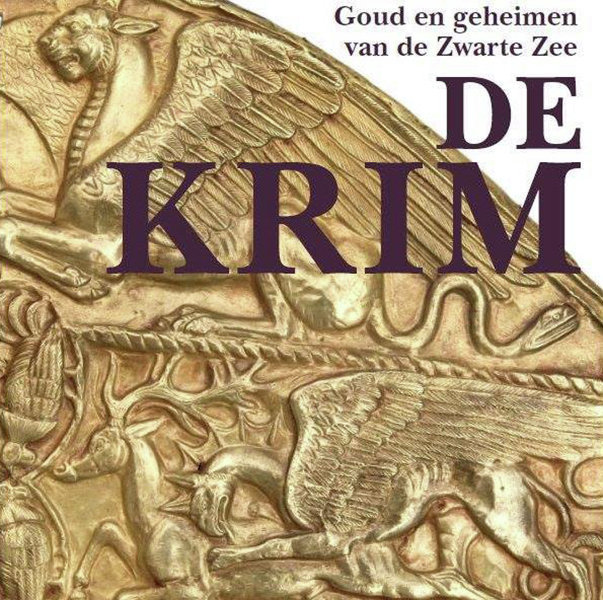MOSCOW, June 27 (RAPSI) – If the Scythian gold exhibits from Crimean museums are transferred to Ukraine, this would create a negative precedent, violate museum laws and force Crimea to file a lawsuit.
The exhibition “The Crimea: Gold and Secrets of the Black Sea” opened in Germany in mid-2013 and then moved to the Allard Pierson Museum in Amsterdam in early February 2014. Artifacts from five Crimean museums include a ceremonial gold helmet and jewels.
The Ukrainian Ministry of Culture announced on Thursday that the exhibits would be returned to Kiev because they are the state property of Ukraine.
The University of Amsterdam, to which the Allard Pierson Museum belongs, has not confirmed or denied this information.
“We only have information as presented by Ukraine,” Kovalchuk said. “A decision to this effect can only be politically motivated, because everything connected with Crimea’s reunification with Russia has been under attack. We have no doubt that the collection should be returned to the museum from which it was taken.”
Kovalchuk pointed out that refusal to do this would create a very negative precedent with far-reaching consequences. “There is a museum world and museum laws, which must be protected,” the official said. He added that if Amsterdam decides to transfer the Scythian gold artifacts to Kiev, Crimea would appeal to the international court, and international lawyers would analyze the collection’s provenance and the exhibition contract.
Russia’s Minister of Culture Vladimir Medinsky previously said the exhibition in Amsterdam had been extended until September.
Crimea, a largely Russian-speaking republic, was part of Russia until it was given to Ukraine by former Soviet leader Nikita Khrushchev in 1954. President Vladimir Putin said in an official address to federal and regional officials that Khrushchev’s decision was in clear violation of the constitutional standards at the time.
On March 17, Putin signed an executive order recognizing Crimea as an independent state, following a referendum that saw voters overwhelmingly support secession from Ukraine and reunification with Russia. On March 18, Putin and the leaders of the Autonomous Republic of Crimea and the city of Sevastopol signed a treaty on the reunification of Crimea with Russia.
Crimea moved for independence from Ukraine after having refused to recognize the legitimacy of the new government that came to power following the ouster of President Viktor Yanukovich in February.



